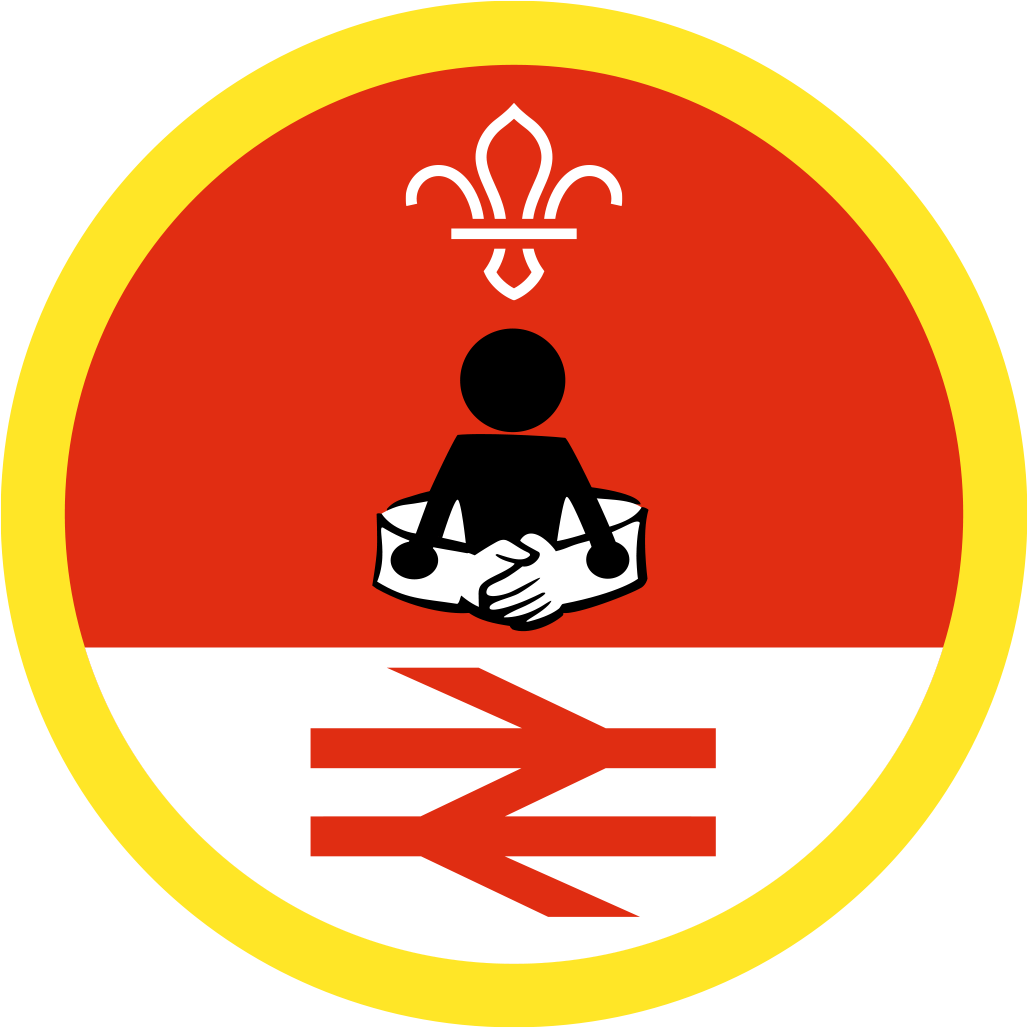Phone number bingo and home address lingo
You’ll need
- Pens or pencils
- A4 paper
- Rulers
- Envelopes
- Stamps
Before you begin
- Before you meet and do this activity, explain what you’ll be doing to everyone (including parents and carers), and why you need to use people’s addresses and phone numbers.
- Everyone should bring their address and home phone number or a parent’s mobile number with them to learn during this activity. Alternatively, you could print off a list of the addresses and phone numbers.
Phone number bingo
- Ask everyone to sit in a circle.
- Give everyone a pen, sheet of paper and a ruler. Everyone should turn the paper horizontal and divide it into 11 columns and three rows.
- Write your phone number on the first row of the sheet, with each digit in a separate cell. Then they should pass it to the person on their left.
- The next person should write their phone number on the second row of their new sheet, then pass it to the person on their left.
- The final person should write their phone number on the bottom row of the sheet. This is now their bingo grid.
- Pass the sheet once more to the person on the left. This is now that person's bingo card.
- The person leading the game should call out a number between zero and nine at random.
- Everyone can cross out that number in one square of their grid. They should choose tactically, as they need to cross out a whole row to win.
- The person leading the game should keep calling numbers, and players should keep crossing one square out, until someone has crossed out a whole row. They’re the winner!
- The person leading the game should collect in all of the sheets, and make sure they’re disposed of properly (for example, by shredding) because they have personal information on.
Home address lingo
- Everyone should think about why it’s important to know your own address. The person leading the activity could help with suggestions, for example, to tell someone where you live if you have to call 999 in an emergency, or to find your way home if you get lost.
- As everyone to write their address on an envelope. The person leading the game should keep the list, in case anyone needs some help remembering the tricky bits like their postcode.
- Draw a picture (or write a note) explaining what they’ve learned in all the activities about personal safety. Once they’ve finished, they should put their paper into their envelope (with their address on).
- The person leading the game should make sure everyone’s letters get posted to their home.
- The person leading the game should collect in all of the sheets, and make sure they’re disposed of properly (for example, by shredding) because they have personal information on.
Reflection
This activity helped you to be responsible. Why is it important to remember your phone number and address? Why might it not always be OK to rely on your phone to tell you your home phone number (or parent’s mobile)? What other phone numbers are useful to learn and remember?
This activity also helped you to develop skills. Was it easy to remember your phone number and address? Did you use any techniques to help you? What other bits of information do we need to learn and use? What other skills did you practice in this activity (for example, writing neatly and getting the address in the right format)?
Safety
All activities must be safely managed. You must complete a thorough risk assessment and take appropriate steps to reduce risk. Use the safety checklist to help you plan and risk assess your activity. Always get approval for the activity, and have suitable supervision and an InTouch process.
You can play bingo until someone has crossed out every square on their grid. You could also play again – people could move around in the circle, pass their sheets the other way, or use another phone number (such as a relative’s mobile).
If anyone struggles with writing they could pair up with a friend who’s more confident.
All Scout activities should be inclusive and accessible.

